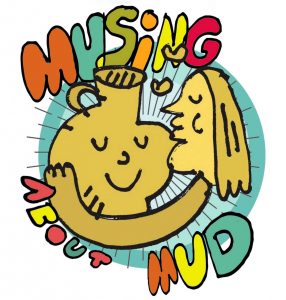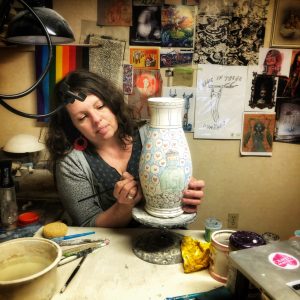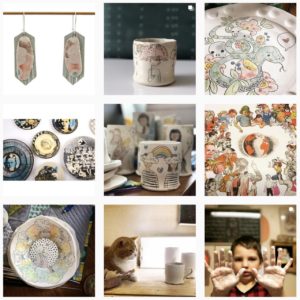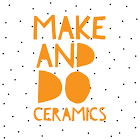Conventional art institutions such as museums and galleries have had problematic relationships with three-dimensional utilitarian objects since their inception. As several scholars, including Ruth Phillips and James Clifford, have argued, conventional displays deprive objects of their functionality and turn them into highly anaesthetized fetishes of high culture. The notorious notion of the modernist white cube has often been challenged and debunked by craft and design practitioners as unsuitable and denigrating for exhibiting utilitarian objects. The present collection of essays seeks to address the problematic relationship and possible solutions of the conventional exhibition strategies which may include participatory happenings or alternative exhibiting venues.
Submissions which deal with less conventional methods of display in such venues as craft fairs, commercial galleries, department stores, artists’ studios, and life demonstrations are highly welcome. This collection will try to analyse the following ideas and questions: how craft and design displays contributed to the rethinking of the notional white cube and have helped to come up with alternative strategies for display and public engagement; how touch and texture are two of the most pivotal issues of the production of craft objects; how tactile experiences have been conveyed in different situations and venues, for examples those which have or have not included the opportunity to touch the objects. How have the performative aspects of craft and design production help to attract audiences to museums and exhibitions? How have the relationships between artists and curators changed through the twentieth century, and why? What are the many roles of the media in the display of the craft and design products?
Original previously unpublished contributions of between 5,000 and 7,000 words including footnotes and bibliography are welcome, as well as interviews with craft practitioners and curators. The latter should be between 4,000 and 6,000 words.
The deadline for abstracts (max. 500 words) is 1 November, 2011.
The deadline for chapters will be June 1st, 2011.
Please send abstracts and CVs by e-mail to Dr. Alla Myzelev, [email protected].
via Crafthaus







